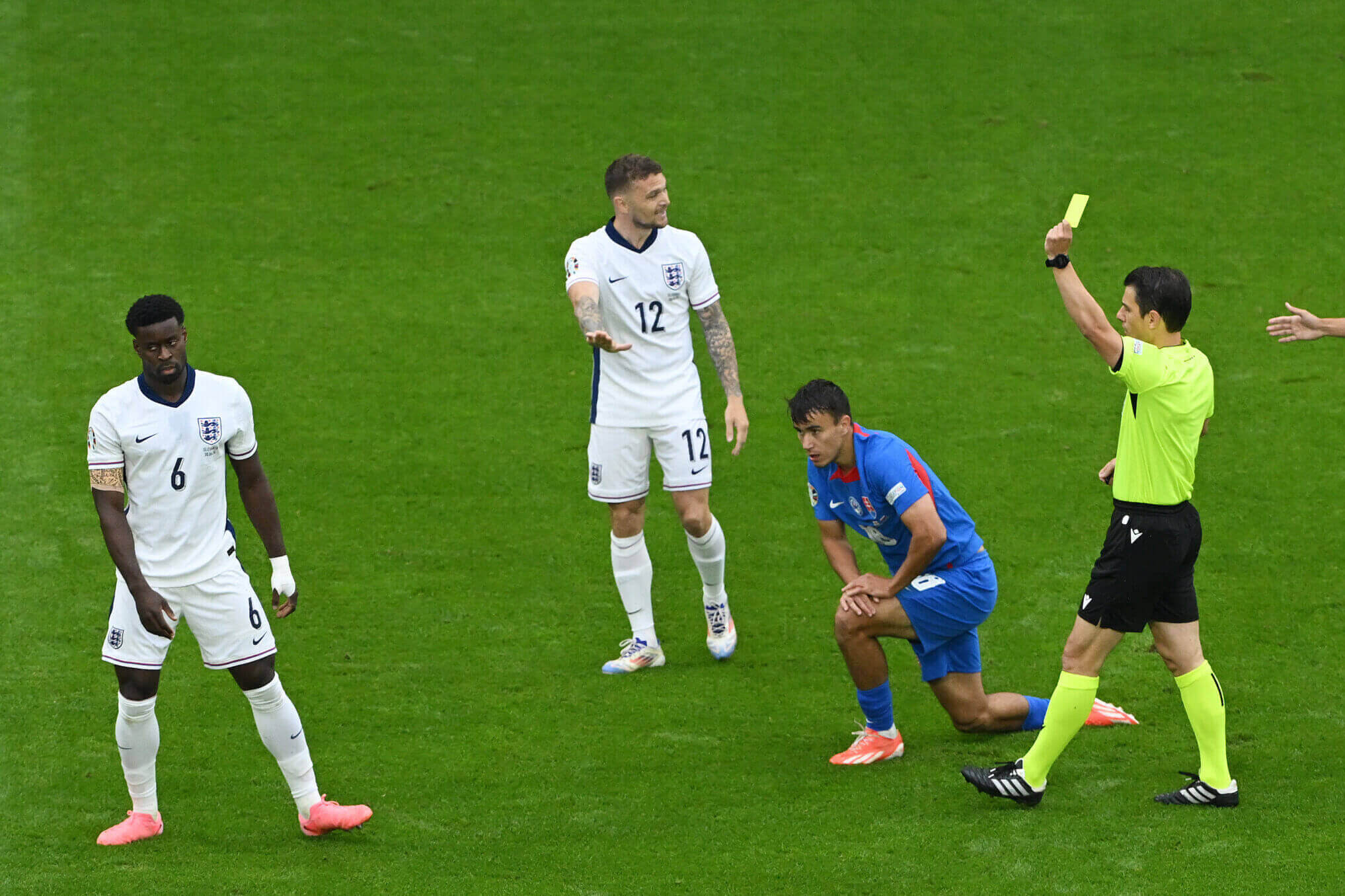The Euro 2024 tournament has already seen its fair share of drama, and the match between Turkey and Czech Republic set a new record with a staggering 18 cards shown. This Group F game highlighted the importance of understanding the disciplinary rules in place at the European Championship, especially concerning yellow cards. With suspensions looming for accumulating cautions, it’s crucial for both players and fans to know how these rules operate throughout Euro 2024.
Euro 2024 Yellow Card Accumulation and Suspensions Explained
So, what exactly are the rules around yellow cards at Euro 2024? The fundamental rule is that any player who receives yellow cards in two different matches will be suspended for one game. This accumulation applies across the group stage, round of 16, and quarter-finals. Crucially, this means that if a player picks up two yellow cards during this period, they will miss their team’s semi-final match should they qualify.
This suspension rule isn’t limited to just players. Team officials are also subject to similar disciplinary measures. Coaches and other staff members will be suspended from the next match if they receive two yellow cards, and again after receiving a fourth caution during the tournament.
A key point to note is that yellow card accumulations are reset after the quarter-finals. This is designed to ensure that players don’t miss the final due to accumulated bookings from earlier rounds. Therefore, only a red card in the semi-final can prevent a player from participating in the Euro 2024 final due to suspension.
Players who are shown a red card are automatically suspended for at least one match. However, UEFA’s Control, Ethics and Disciplinary Body has the authority to extend this suspension further depending on the severity of the offense.
 Marc Guehi Yellow Card
Marc Guehi Yellow Card
New Directive: Respecting Referees at Euro 2024
UEFA has implemented a new initiative for Euro 2024 focused on improving respect towards match officials. A significant change is that it is now a bookable offense for any player other than the team captain to approach the referee to question a decision.
Previously, it was common to see multiple players surrounding referees, pressuring them during matches. To combat this and protect officials from undue pressure, UEFA has mandated that only the designated captain is permitted to approach the referee for explanations on key decisions.
Roberto Rosetti, UEFA’s managing director of refereeing, announced this directive in May, emphasizing that referees will explain crucial decisions to team captains. However, any other player who approaches the referee in a manner deemed inappropriate will be shown a yellow card. National teams have been explicitly warned about this new rule, and non-compliance will result in bookings. If the team captain is a goalkeeper, an outfield player must be nominated to act as the designated point of contact with the referee.
Understanding these yellow card rules and the new directive regarding referee interaction is essential for appreciating the dynamics of Euro 2024. These regulations play a significant role in player conduct and team strategy throughout the tournament.
